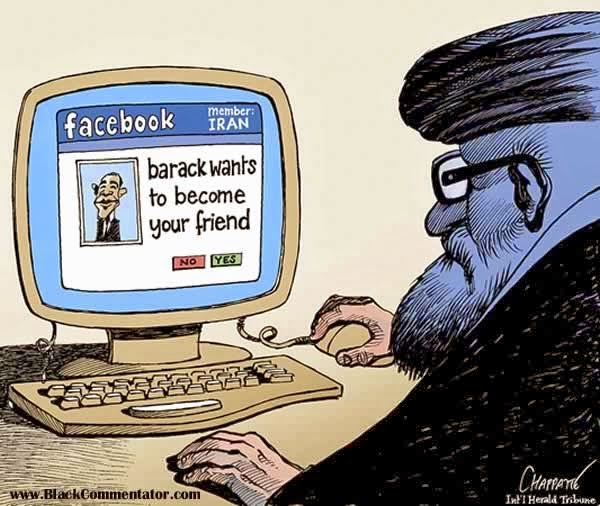Education Next: Why Does the NAACP Oppose Charter Schools?
 "First of all: Forty-eight percent of African Americans say they favor the formation of charters, while only 29 percent stand in opposition, with the remainder taking the neutral position. In fact the opinions of African-Americans resemble those of the American public as a whole – 51 percent support, 28 percent oppose, 21 percent neutral.
"First of all: Forty-eight percent of African Americans say they favor the formation of charters, while only 29 percent stand in opposition, with the remainder taking the neutral position. In fact the opinions of African-Americans resemble those of the American public as a whole – 51 percent support, 28 percent oppose, 21 percent neutral.
The NAACP is about teachers' unions, not black children . . . "So what's going on? Why would the nation's oldest civil rights group deny African-American children a real opportunity to succeed?

Everything You Need to Know About the NAACP’s Stance on Charter Schools
"This summer, at its national convention, the NAACP voted to support a moratorium on the growth of charter schools. Why?
"As Paul E. Peterson notes in US News, this decision is puzzling for a number of reasons. Read here.
The NAACP is about teachers' unions, not black children . . . "So what's going on? Why would the nation's oldest civil rights group deny African-American children a real opportunity to succeed?
"My guess is that most of these NAACP leaders send their kids to private schools anyway. In other words, what do they care?
"More importantly, the Democratic Party is owned by the public-sector unions. It's good for the party on election day, but it does not do minority parents any good when they try to educate their kids.
. . . "There’s not much survey data specifically on how Black parents feel about charter schools nationally, but it’s pretty clear that they resoundingly support a parent’s right to choose the best school for their child.
- 72 percent of Black parents believe that charter schools offer options to low-income communities rather than take resources from traditional public schools. (Education Post, August 2015).
- 82 percent of Black parents say families should be allowed to choose their child’s public school, regardless of where they live (NAPCS, April 2016).
- 70 percent of Black voters support more school options for parents, including traditional public schools, charters and even voucher and scholarship programs (BAEO survey of four states in August 2015).






